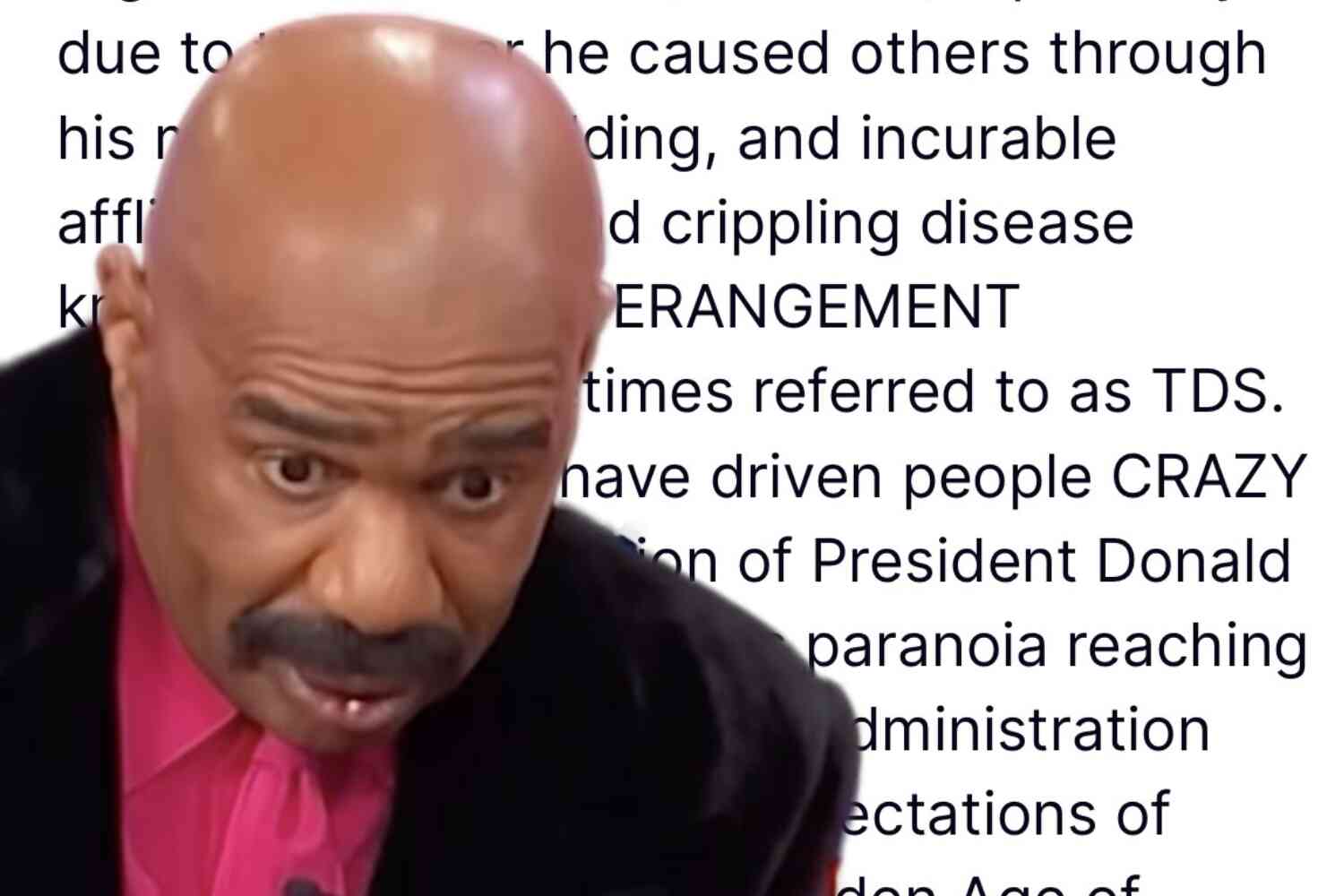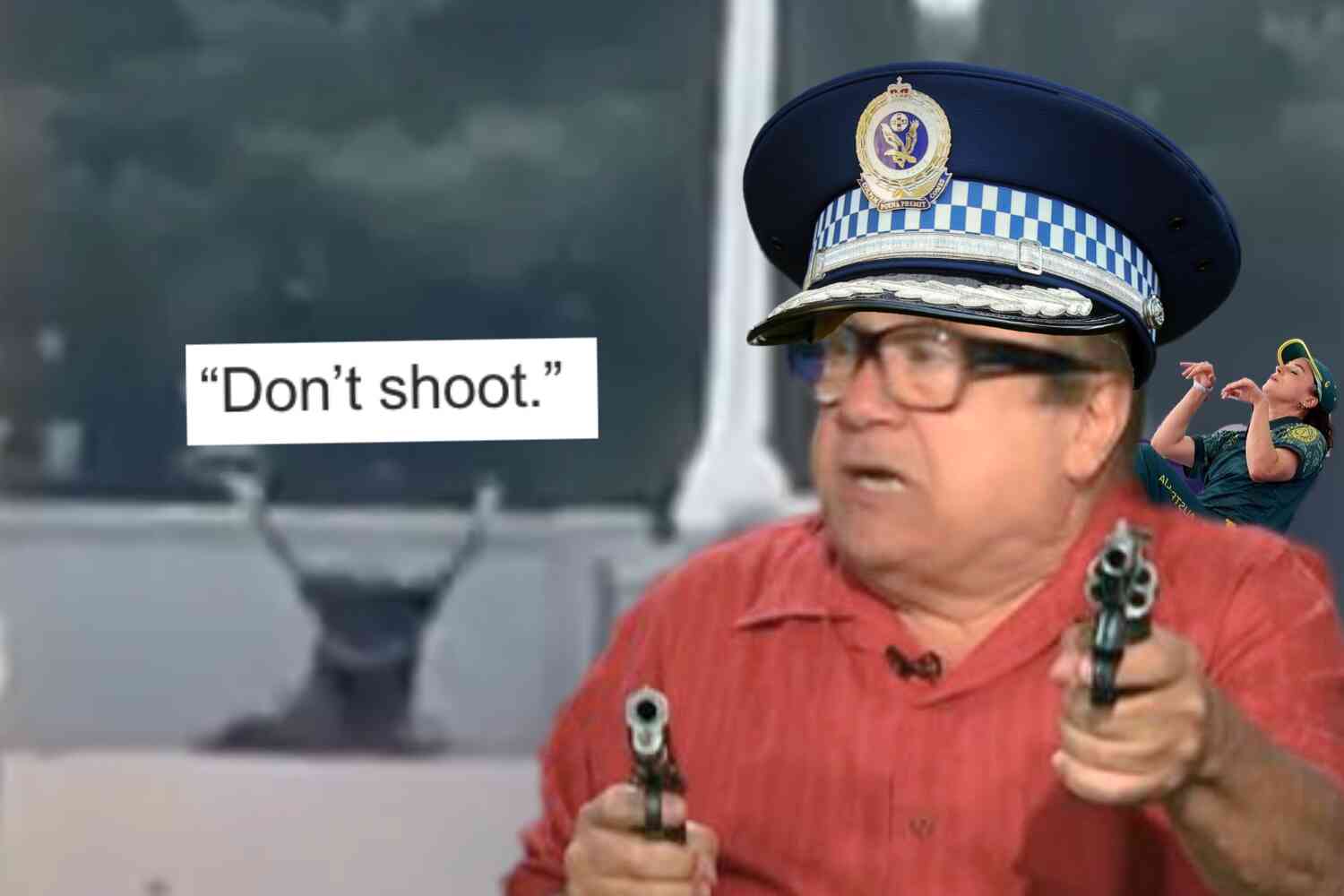I admit to being somewhat entertained by the now-constant public battles between activist teachers' unions, and the exploding number of concerned parent groups demanding the right to check what their kids are being taught in public schoolrooms. Being a high school history teacher who is also politically informed and engaged outside the classroom, the intensifying feuds admittedly fascinate me.
Of course, even though specific debates over the public-school inclusion of the 1619 Project, critical race theory, LGBT propaganda, and Ibram X. Kendi's neo-racism are all new, the general topic is anything but. About a decade ago, the former executive of my home state of Indiana, Mitch Daniels, came under harsh scrutiny after the Associated Press revealed a series of emails from his time as governor.
In the emails, Daniels expressed grave concern that the historical fabrications of the late Marxist story-teller Howard Zinn, as compiled in his thoroughly discredit opus "A People's History of the United States," were being used in the state's public classrooms.
The AP story quotes Daniels, now president of Purdue University, asking in an e-mail, shortly after Zinn's death, "Can someone assure me that it [A People's History] is not in use anywhere in Indiana? If it is, how do we get rid of it before more young people are force-fed a totally false version of our history?"When informed of a course for school teachers-Social Movements in Modern America: Labor, Civil Rights, and Feminism-that included Zinn on the reading list, Daniels replied, "This crap should not be accepted for any credit by the state" and asked who had jurisdiction.
I remember discussing this issue at the time it all became national news, and I kept reiterating the same thing: it honestly wouldn't have mattered if Daniels had been successful in getting Zinn "removed" from classroom curriculum. Realistically, teachers that wanted to teach Zinn would still teach him, even if not as their primary history text.
And that's the same response I continue to give whenever I'm asked by someone where I stand on the debate over state CRT bans for public schools. The legislation is always so vaguely worded, ambiguously defined, and subject to interpretation by school boards and individual teachers that despite pure intentions, it will effectively change nothing. I may support the larger notion (as I did with regard to Zinn) that we shouldn't be teaching kids lies, moral or technical. But legally banning it won't stop it, and those to whom this issue is not just some political issue to leverage need to be aware of that.
In fact, in a very counterintuitive way, the banning of CRT may work out best for the controversial theory's proponents. How so? Opponents will declare victory, drop their guard, and be soothed by their success in enacting a forbidding "law."
Meanwhile, the teachers who want to teach it, the administrators who want to see it taught, will become far more clever and surreptitious in how they instruct its ideals and principles. It's exactly how a U.S. History teacher could cosmetically remove Howard Zinn from their course reading list, but still repeat his claims as facts during lectures.
Consider other examples to see how this cuts both ways across the ideological divide. Progressive Darwinists have effectively hoodwinked lawmakers into imposing their religion on every public-school science classroom in America. They've made it illegal to even "teach the controversy" by pointing out the legitimate, logical, and obvious holes in unproven, unprovable Darwinian assumptions. Yet there is no doubt that there are plenty of classrooms where students and teachers discuss some of those very "banned" things.
It all makes me think back to perhaps the best piece of advice I got from my mentor teacher 20 years ago. He said something along these lines: "You know what you're doing, and you're going to learn and adapt through the years to what works. Every few months or years you're going to hear about some big legislative act that's going to change everything, and require you to do things so much differently than you've learned to do them. It'll pass. Don't get worked up, just keep doing what you're doing."
He's gone now, but I've never known a piece of advice to have been so accurate and useful.
So, what's the point of all this? I'm not trying to be discouraging, but rather realistic and honest about the situation. As a classroom teacher, let me offer the only tried and true, reliable solution for parents worried about what their child is learning at school. Take or leave all these new laws because in the end, even if you're successful in getting them passed, you've likely just emboldened any activist teacher you may be encountering.
Again, I'm not condemning or poo-pooing anti-CRT or anti-sexual indoctrination statutes. I'm just suggesting there's a more fundamental solution that needs to be engaged. The true fix is the same it has always been – involve yourself in your child's education to a degree greater than asking "how was your day today?"
Get to know the teacher(s) and administrator(s), volunteer to coach, lead the PTA, run for school board, sit on textbook adoption committees, look over your child's homework, skim through your kid's notes and reading assignments. It's a lot harder for teachers to dismiss and mistreat someone who has worked hard to ingratiate themselves to them, help them, and volunteer to support them.
So care. Be involved. And when you find yourself confused or concerned over something, approach the teacher in good faith, request reasonable accommodations if necessary, and escalate appropriately if circumstances warrant.
Disclaimer: The opinions expressed in this article are those of the author and do not necessarily reflect the opinions of Not the Bee or any of its affiliates.









